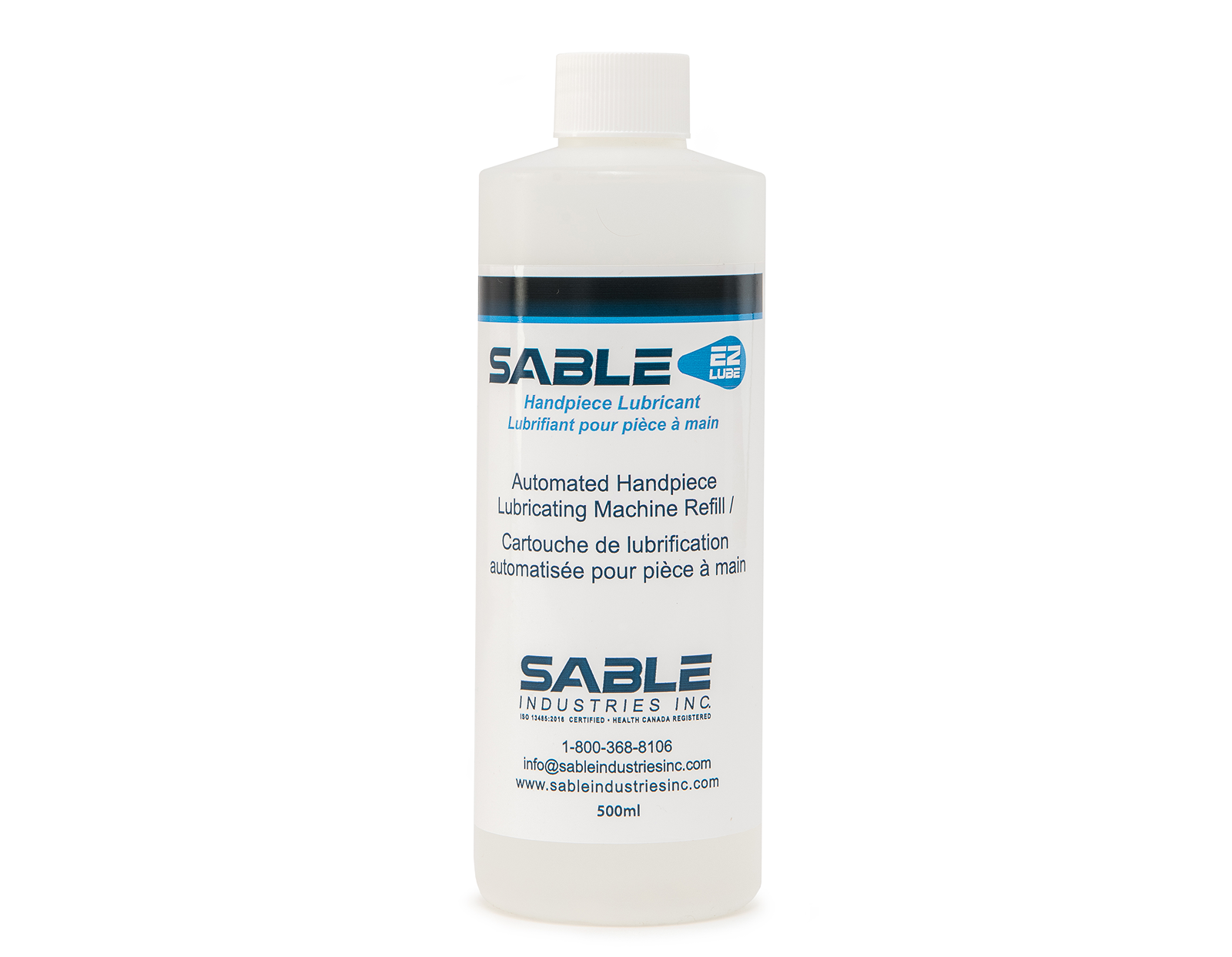An inviting smile can open doors and our oral health is also important to our overall well-being. Most of us brush and floss regularly to ensure our teeth remain clean and free of cavities, though some people go the extra step of having their teeth whitened.
Such measures can be quite expensive and inconvenient, so wouldn’t it be wonderful to have another more cost-effective way of ensuring your dental health you could do at home? Not to mention one that may also result in fresher breath?
Oil pulling might be the way to accomplish this. While there is no definitive scientific evidence to say this method works, many people swear by it. Although oil pulling is a hot topic on the internet, it is actually a case of renewed interest in a cleaning method dating back several centuries.
How Does it Work?
Oil pulling is the practice of swishing raw coconut oil in your mouth for 15 to 20 minutes each day. If you are interested in trying this, don’t worry—you won’t have to be splitting or milking coconuts. You can find bottled coconut oil in your grocery store. You can also use sesame or sunflower oil, though most people find the taste of coconut oil preferable.
Coconut oil is solid in form, but quickly liquefies as it mixes with your saliva. Take a generous tablespoon of the oil, place it in your mouth, and swish. You don’t need to swish as vigorously as you would with mouthwash as your jaw would become quite tired.
Do the oil pull first thing in the morning before you eat to get rid of the bacteria build-up in your mouth that occurred overnight. Once the time has elapsed, spit out the oil, and gargle for one minute with a mixture of lukewarm salt water. Then brush your teeth using a brush separate from one used normally. After brushing, rinse the brush thoroughly in warm water.
It is important to avoid swallowing. While the coconut oil will not harm you, swallowing means you will ingest all of the oral bacteria you want to purge from your body.
Detoxing Your Mouth
Those who swear by oil pulling say it is a great way to detox your mouth. Tooth decay results from a build-up of harmful bacteria in the mouth. These germs can lead to plaque, gingivitis, cavities, and even gum disease. Brushing your teeth regularly helps to eliminate such germs, but could oil pulling provide extra help for you in this area? Possibly, but there is no concrete proof.
Tooth Whitening and No More Bad Breath?
We all want whiter teeth. Could oil pulling provide a cheaper and easier way to attain this without having to go to the dentist or deal with those annoying whitening strips? Oil pulling enthusiasts enthusiastically claim yes, your teeth will look cleaner.
They also claim oil pulling will make your breath fresher, though this is not something that would last throughout the day.
Should you try oil pulling? Doing so will not cure cavities or correct any major dental issues, and it is no replacement for daily brushing and flossing. There is no scientific basis for the claims made on behalf of oil pulling and some dental professionals feel you can get comparable results using mouthwash and possibly even just water.
However, oil pulling certainly cannot harm you in any way and will not worsen your oral health.


